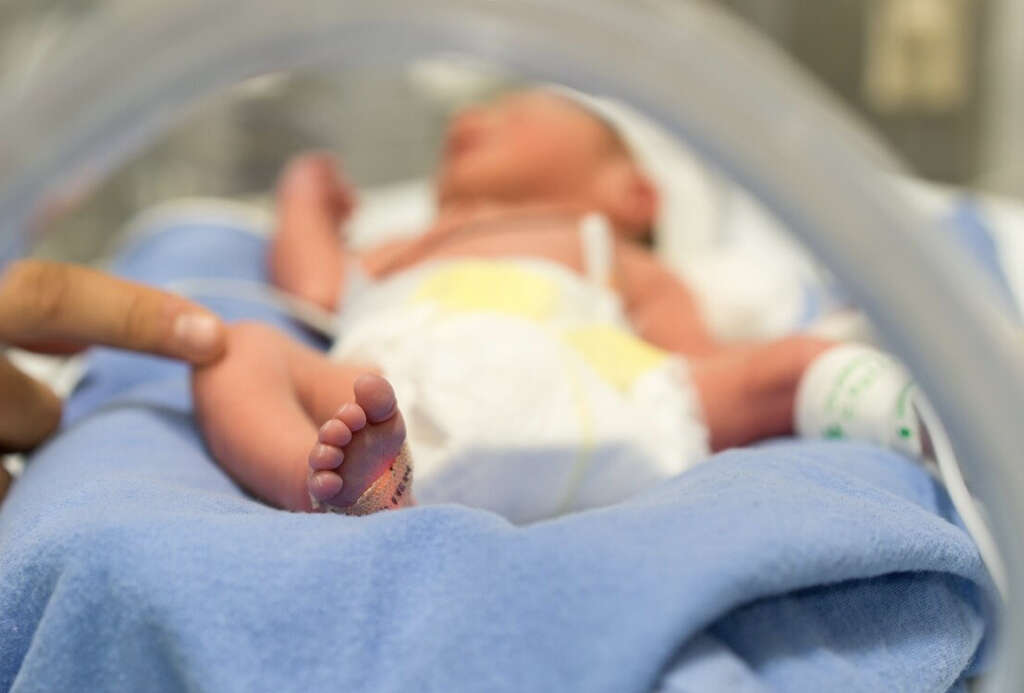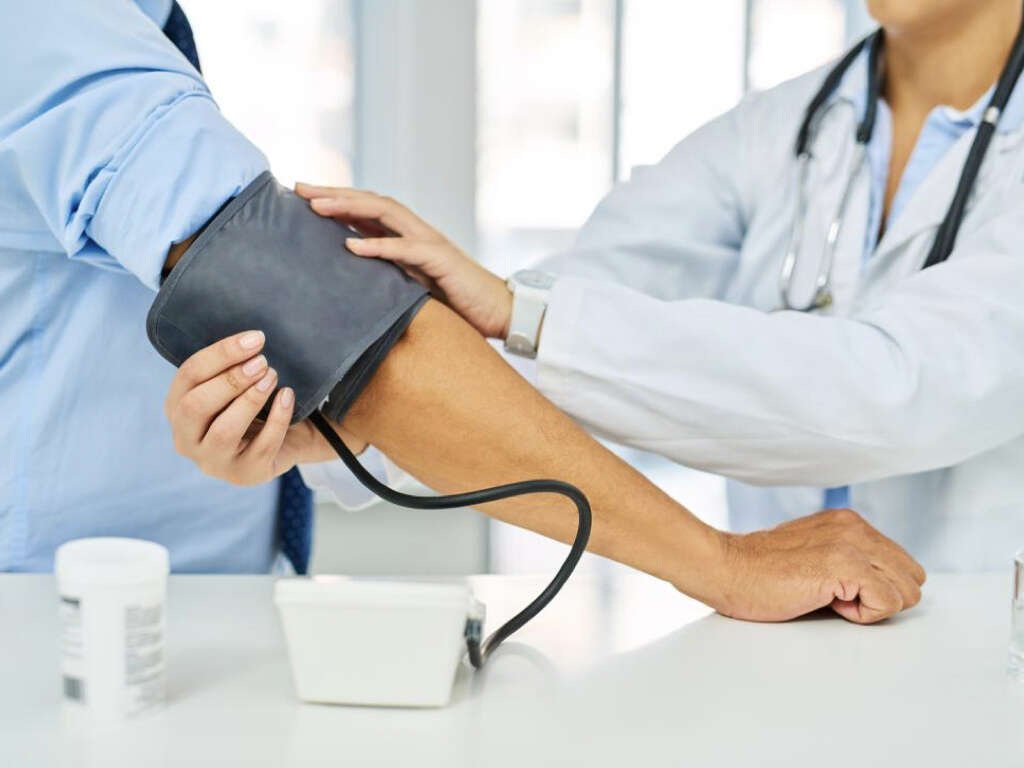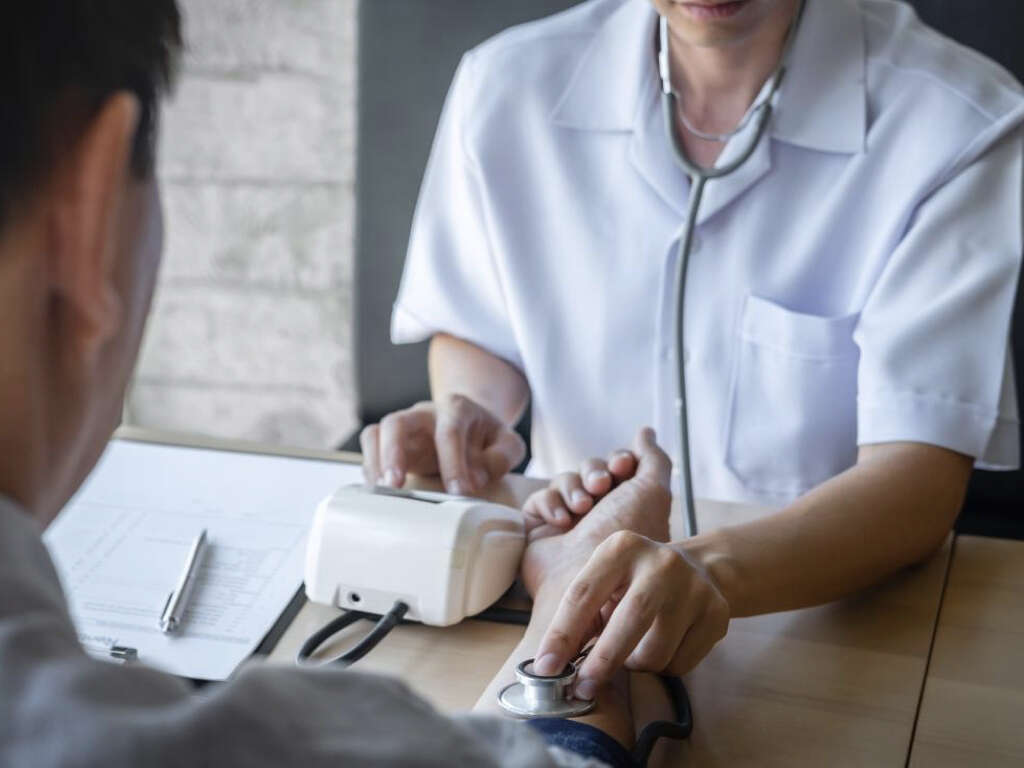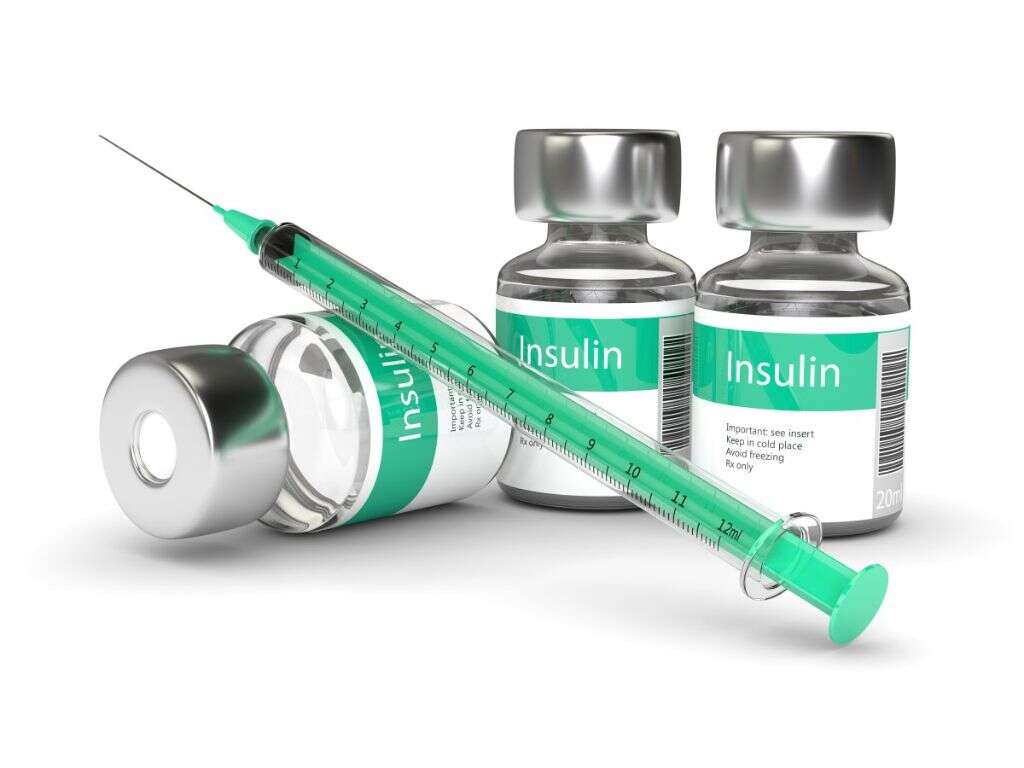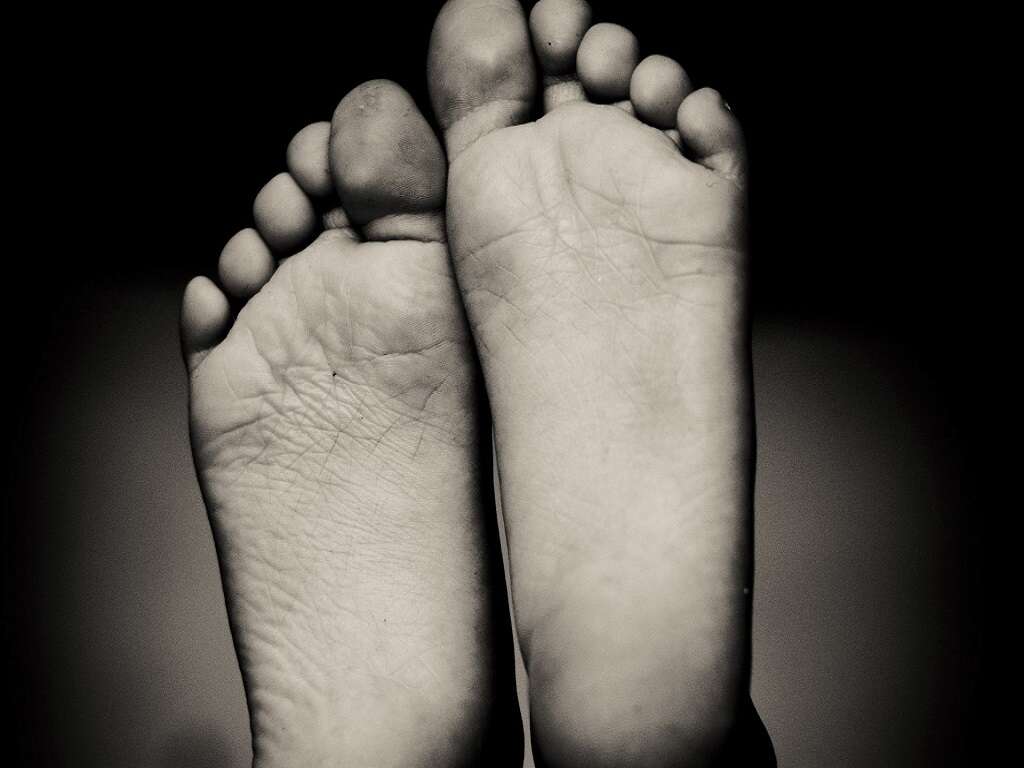10 Gestational Diabetes Symptoms
Gestational diabetes is a condition that affects women when they are pregnant. It can happen at any time during the pregnancy, and the condition will usually disappear after the mother has given birth. It most commonly starts during the second or third trimester.
Gestation diabetes happens because the patient’s body is unable to produce the volumes of insulin needed to meet the increased demand. It does not usually show symptoms and is usually only discovered by screening tests. The condition can often be managed, meaning it will pose little threat, but it can be dangerous to both mother and baby in some cases.

1. Hunger
It is healthy to eat plenty of food. Food provides us with the energy we need, the building blocks need for growth, maintenance and repair, and everything else that is required to keep our bodies functioning. While it is healthy for us to eat plenty of food, however, we should also be careful not to eat too much.
One of the symptoms of gestational diabetes is that the patient is likely to feel hungry more often than usual. This will, in turn, compel them to eat more than they otherwise would. In addition to being a symptom of gestational diabetes, eating too much is also a potential cause of the condition.

2. Dry Mouth
Our mouths are naturally very moist. This is thanks to the presence of a fluid that we know as saliva, and the fluid is more important to us then a lot of people realize. For example, it helps to break down our food, softening it in readiness for digestion. The fluid also helps to prevent infections in the mouth due to its anti-septic properties.
If the body was to stop producing and/or secreting saliva into our mouths, then our mouths would soon become dry. This can become quite uncomfortable and can also go on to cause a number of complications. A dry mouth is a symptom of gestational diabetes, and it is a symptom that you should get checked out if you develop it.

3. Thirst
Depending on their size and lifestyle, most people will need from between around 2.5 liters to 4 liters of fluids a day. Water is simply essential to us and we would only live for a few days without it. To help ensure we do get the water we need, we have developed a sensation that we know as thirst.
Gestational diabetes can make people thirstier than they otherwise would be, and they can find that their thirst is not satiated even after they are drinking. This happens because your body wants you to take on more fluids to help flush out the excess glucose in your blood stream.

4. Urinating Frequently
When our bladders are full, they need to be emptied. This means that we will need to take several trips to the bathroom every day. How frequently we urinate will depend on several factors, including how many fluids we drink. Another factor is certain medical conditions, including gestational diabetes.
As mentioned, people with the condition will be taking in more fluids to try and flush out excess glucose from the blood. This means that the bladder will fill faster than it otherwise would and this, in turn, will mean that we need to make a visit to the bathroom more frequently.
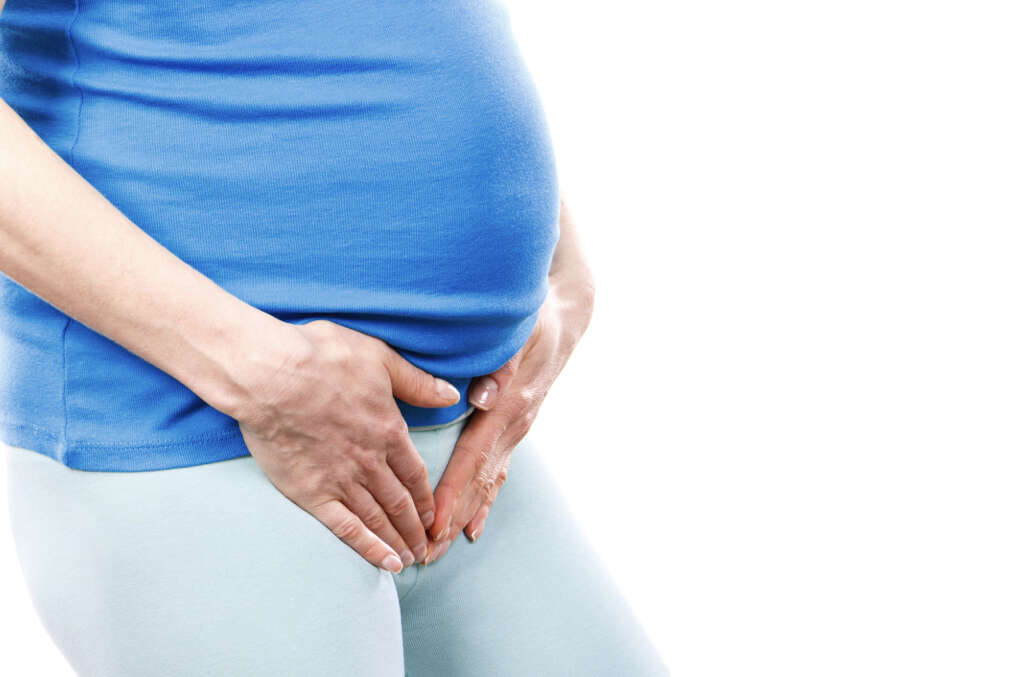
5. Tiredness
It is understandable that women will feel more tired during pregnancy. This means that tiredness is not necessarily going to making people think something is wrong, but pregnant women should still speak with a doctor if that are feeling excessively tired. It could be a sign they have a medical condition like gestational diabetes.
Gestational diabetes means that the patient is unable to process glucose and use it to generate energy. This will, in turn, cause the patient to feel tired all of the time, even after they have had plenty of rest. This is one of the reasons why the patient will be feeling hungry all the time as their body is craving more energy.

6. Excess Birth Weight
It is important that a baby is born at a healthy weight. If they are too small at birth then they might struggle to survive. However, it is also important that the baby is not too large at birth. If the baby is too large than it could spell some serious problems for the mother and child.
A baby that is too large can become stuck in the birth canal, and this can be extremely dangerous for both. To help avoid complications during birth, the baby is usually delivered by C-section if the baby is expected to be too large. Unborn babies can grow larger than usual in instances of gestational diabetes.
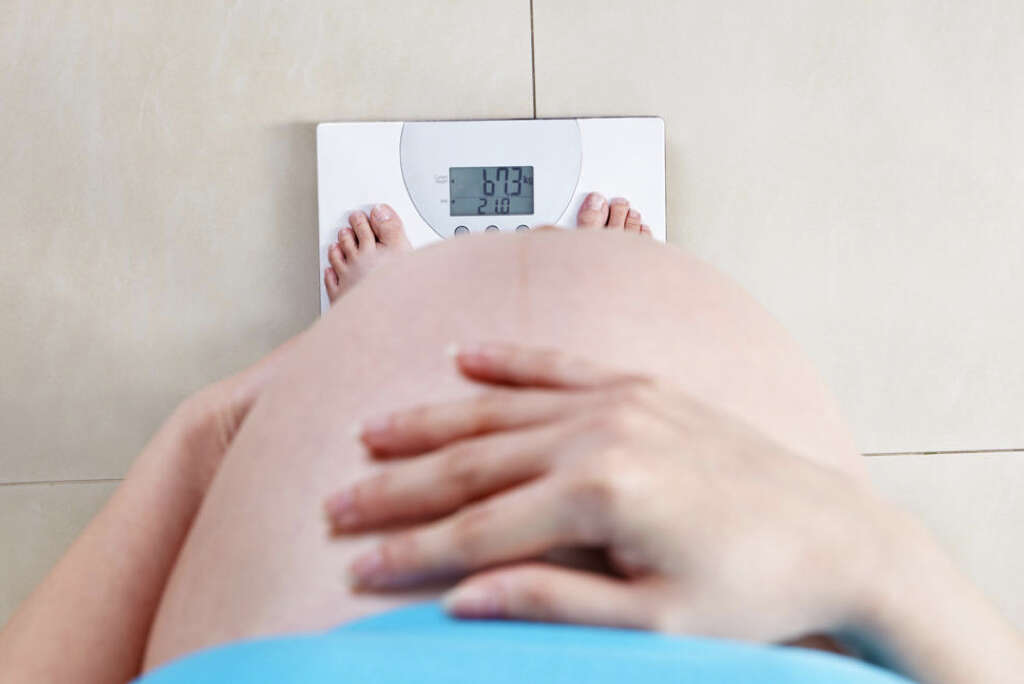
7. Breathing Difficulties For Babies
Babies that are born to mothers with gestational diabetes syndrome can go on to develop complications themselves. One of these complications is respiratory distress syndrome, which will make it very difficult for the baby to breathe. Babies born with the condition may need to be placed in intensive care.
In addition, the baby is also more likely to go on to develop type 2 diabetes later in life. This means that they can also go on to develop problems with obesity. Patients with type 2 diabetes will need to be careful about their diet and other lifestyle factors for the remainder of their lives.
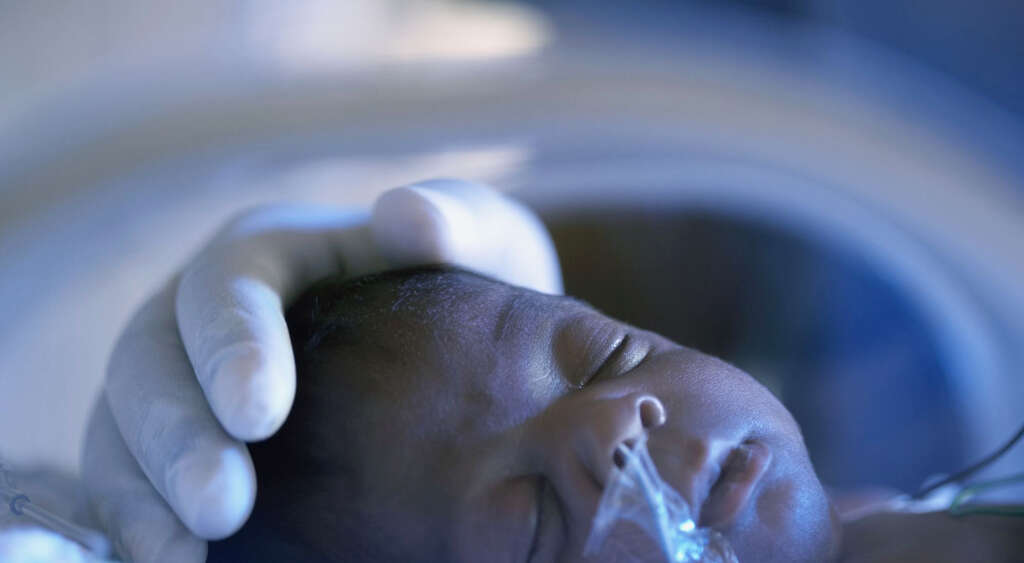
8. Hypoglycemia
Hypoglycemia is the technical medical term for having lower than usual sugar in the blood. This is a condition that will often occur in babies born to mothers with gestational diabetes. The condition will develop for the baby shortly after they have been born.
The condition can be risky for the baby but it can usually be treated without too much difficulty. Feeding the baby will help to increase their blood sugar levels, while a glucose solution may sometimes be fed to them intravenously. In severe cases, the baby might suffer from seizures, but there will usually be no permanent damage done.
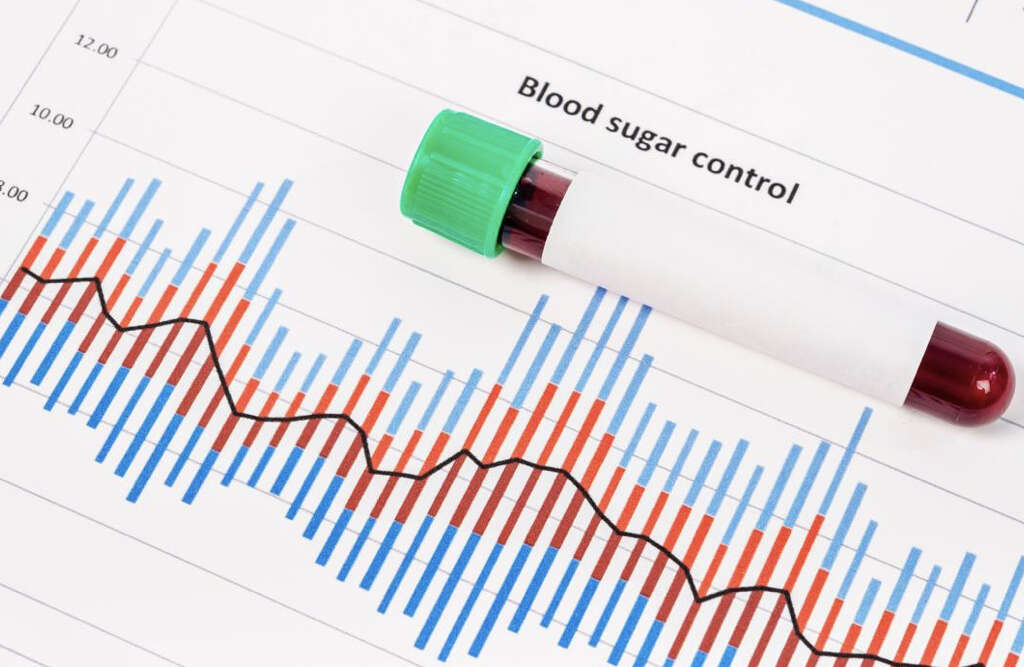
9. Preeclampsia
Preeclampsia is a complication that can be very dangerous for both mother and baby. Symptoms don’t always show but one of the most common symptoms is a high blood pressure. If left untreated, the condition can cause the mother to have seizures in a condition known as eclampsia.
Preeclampsia is a complication of pregnancy and the baby will often need to be born urgently in order to prevent serious problems. This means that in some cases, the baby will need to be delivered by c-section even if it has not yet reached full term. Preeclampsia is one of the potential symptoms of gestational diabetes.
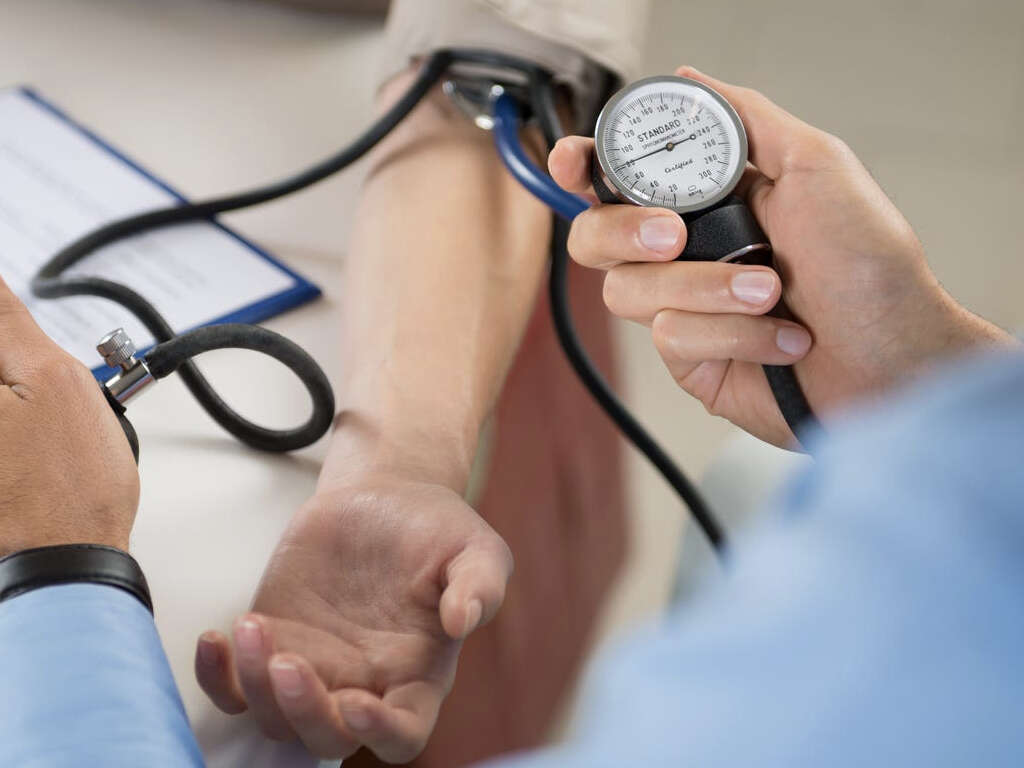
10. Premature Birth
It is important that the unborn baby remains inside their mother as close as possible to the expected delivery date. This is because their mother essentially has them on a biological life support system when they are in the womb. If they are taken off this life-support system before they have developed enough to live in the outside world, they are likely to have problems.
Gestational diabetes may sometimes cause a premature birth. In some cases, an early c-section might be deemed necessary if the baby is growing too large. Sadly, gestational diabetes will also sometimes result in the baby dying shortly after or before they are born.
